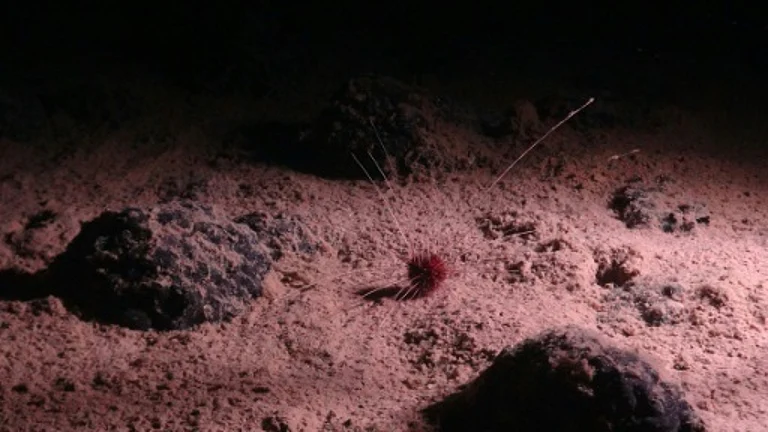The 169 member states of International Seabed Authority (ISA) united in Jamaica on March 17, 2025 for a two-week-long negotiation to regulate divisive practices of deep-sea mining.
Deep-Sea Mining Code Negotiations Begin in Jamaica: Why Are Proposed Rules Contentious?
As the ISA begins two weeks of talks in Jamaica, global stakeholders are divided on how to regulate deep-sea mining while balancing environmental and economic interests
According to DowntoEarth, the negotiations are part of the 30th session of the ISA, an autonomous international organisation responsible for regulating deep-sea mining and ensuring the protection of marine environments from harmful effects that may arise from deep-seabed-related activities.
Deep-sea mining involves extracting mineral deposits from the deep seabed at levels below 200 metres to extract minerals like copper, nickel, cobalt and rare earth elements that are used for battery production for electric vehicles and clean energy technologies, according to International Energy Agency (IEA).
On one hand, countries are negotiating to frame a mining code to protect marine environment. On the other hand, mining companies like the Canada-based Metals Company plan to apply for the first commercial mining license in June this year, through its subsidiary Nori (Nauru Ocean Resources Inc) with plans to extract polymetallic nodules from the Pacific.
“We are expecting it to become very clear at the March meeting that the Mining Code will not be adopted any time in the near future. There are over 2,000 textual elements that are still under debate,” said Deep Sea Conservation Coalition Policy Officer Emma Wilson in a statement.
Pro-mining states, she added, are requesting to establish a process for assessing a mining application despite not having a mining code in place.
Contentious Rules
Under the UN Convention on the Law of the Sea (UNCLOS), the ISA must both oversee any exploration or mining of coveted resources (such as cobalt, nickel, or manganese) in international waters and protect the marine environment, according to France24.
The rules are contentious due to the lack of scientific data on environmental impacts and contentions over profit sharing, with some countries like African states advocating for higher royalties. The opaque-decision making process and ongoing disagreements between counties, companies and non-governmental organisations within the ISA add to the complexity of the proposed code.

